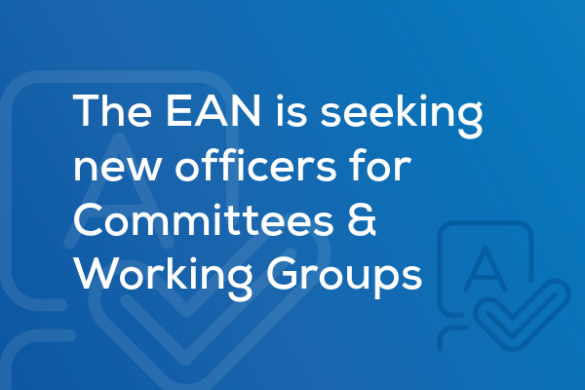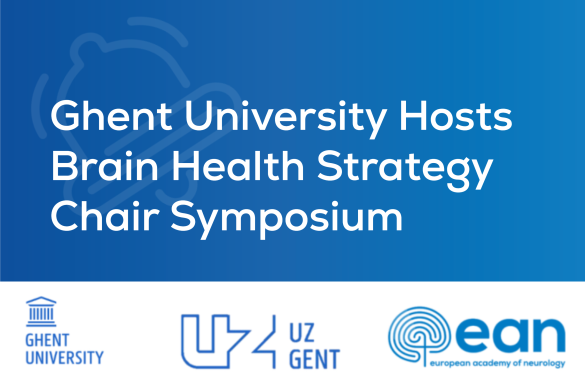by Isabella Colonna
For May we have selected two closely related papers as co-papers of the month:
Fox RJ, Bar-Or A, Traboulsee A, Oreja-Guevara C, Giovannoni G, Vermersch P, Syed S, Li Y, Vargas WS, Turner TJ, Wallstroem E, Reich DS; HERCULES Trial Group. Tolebrutinib in Nonrelapsing Secondary Progressive Multiple Sclerosis. N Engl J Med. 2025 Apr 8. doi: 10.1056/NEJMoa2415988. Epub ahead of print. PMID: 40202696.
Oh J, Arnold DL, Cree BAC, Ionete C, Kim HJ, Sormani MP, Syed S, Chen Y, Maxwell CR, Benoit P, Turner TJ, Wallstroem E, Wiendl H; Tolebrutinib Phase 3 GEMINI 1 and 2 Trial Group. Tolebrutinib versus Teriflunomide in Relapsing Multiple Sclerosis. N Engl J Med. 2025 Apr 8. doi: 10.1056/NEJMoa2415985. Epub ahead of print. PMID: 40202623.
These two papers present findings from recent phase 3 clinical trials evaluating the efficacy and safety of tolebrutinib, an oral and brain-penetrant Bruton’s tyrosine kinase inhibitor, in patients with multiple sclerosis.
The first paper presents the results of a phase 3, double-blind, placebo-controlled trial (HERCULES), designed to evaluate the efficacy and safety of tolebrutinib in patients with non-relapsing secondary progressive multiple sclerosis. A total of 1131 participants were randomised to receive either tolebrutinib 60 mg once daily (n=754) or a matching placebo (n=377), with a median follow-up of 133 weeks. The percentage of patients with confirmed disability progression sustained for at least 6 months was statistically significantly lower in the tolebrutinib group than in the placebo group (22% vs 30.7%, p=0.003). Similarly, significant differences favouring the tolebrutinib group were observed in the 24-month Kaplan−Meier estimates, the percentage of participants with 3-month confirmed disability progression, and the mean annualised rate of new or enlarging lesions on T2-weighted MRI. Serious adverse events occurred in 15% and 10.4% of participants in the tolebrutinib and placebo group respectively, while the incidence of death was similar in the two groups.
The second paper reports the results of two phase 3, double-blind, double-dummy, trials (GEMINI 1 and GEMINI 2) evaluating the efficacy and safety of tolebrutinib compared with teriflunomide in patients with relapsing multiple sclerosis. A total of 1873 participants were randomised to receive tolebrutinib 60 mg (n=933) or teriflunomide 14 mg (n=940), with a median follow-up of 139 weeks. No significant differences were found between groups for the annualised relapse rate (primary outcome) as well as for the number of acute inflammatory brain lesions on MRI. Although fewer participants in the tolebrutinib group experienced confirmed disability worsening sustained for at least 3 and 6 months compared to the teriflunomide group, this finding could not be confirmed due to termination of the hierarchical testing procedure. The incidence of adverse events was similar between the two groups.
In conclusion, tolebrutinib was associated with a lower risk of disability progression in patients with non-relapsing secondary progressive multiple sclerosis, whereas it did not demonstrate superiority over teriflunomide in reducing annualised relapse rates in patients with relapsing multiple sclerosis.













